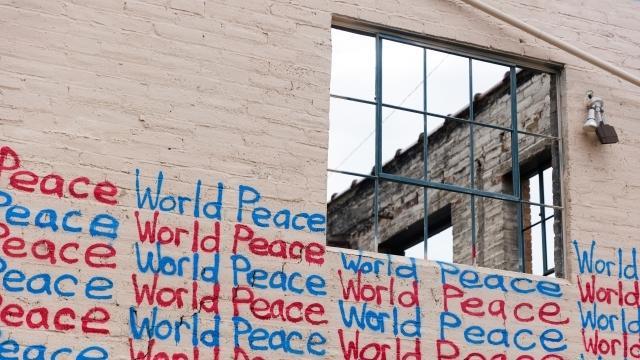
Photo by Tori Nefores on Unsplash
International peacebuilding efforts are increasingly focused on the pursuit of inclusive practices to enable good governance for sustainable peace. Central to these efforts are attempts by youth advocates and their allies to encourage more meaningful investments in youth-focused partnerships. Despite this, the UN Secretary General has noted that an absence of dedicated and accessible funding for youth-inclusive practices remains one of the key challenges impacting the realisation of global peace and stability (UNSG 2022). Long-term, targeted resourcing strategies that engage with youth as political decisions-makers are critical for ensuring inclusive and lasting peace. However, the competitive funding landscape and an overreliance on technocratic governance produces an environment where volunteerism and marginalisation constrain youth-led peace work and overshadow their contributions to building peace.
Drawing on a mapping of funding typologies for youth-led peace work, including multilateral, bilateral and participatory grant-making this paper examines how notions of agency and partnership are understood and enacted to either enable or constrain youth-inclusive peace. It demonstrates that by applying a feminist institutionalist lens to the interactions between donors and youth peacebuilders we can better understand the contributions of youth focused partnerships to the realisation of sustainable and inclusive peace that challenge perceptions that youth are a bad investment in the peacebuilding space. The paper reveals that despite best intentions, technocratic funding models are limited in their capacity to efficiently and responsively resource youth-led peace work. As such, I argue that without attention to transforming the institutional arrangements of funding models, donors will continue to reinforce a culture of volunteerism, which crowds out youth and limits their capacity to build meaningful, sustained partnerships with other key stakeholders for peace.
Dr. Caitlin Mollica is a lecturer for the Business School at the University of Newcastle. Her research interests include youth’s political participation, gender-inclusive justice practices, transitional justice, and human rights. She has published in well regarded journals including, Cooperation & Conflict, Human Rights Quarterly, and Pacific Review. Caitlin’s primary research considers the substantive participation of young people in transitional justice, peacebuilding, and human rights practices. Her sole authored book: Agency & Ownership in Reconciliation: Youth and the Practice of Transitional Justice will be published in 2024 by SUNY Press. Caitlin’s current work examines the relationship between donors and youth in the broader context of the new international mandate on youth inclusive peacebuilding. She is working with international NGO Dag Hammarskjöld foundation to develop a publicly available database that charts available funding programs for youth-led peace work.
Location
Speakers
- Caitlin Mollica
Contact
- Richard Frank